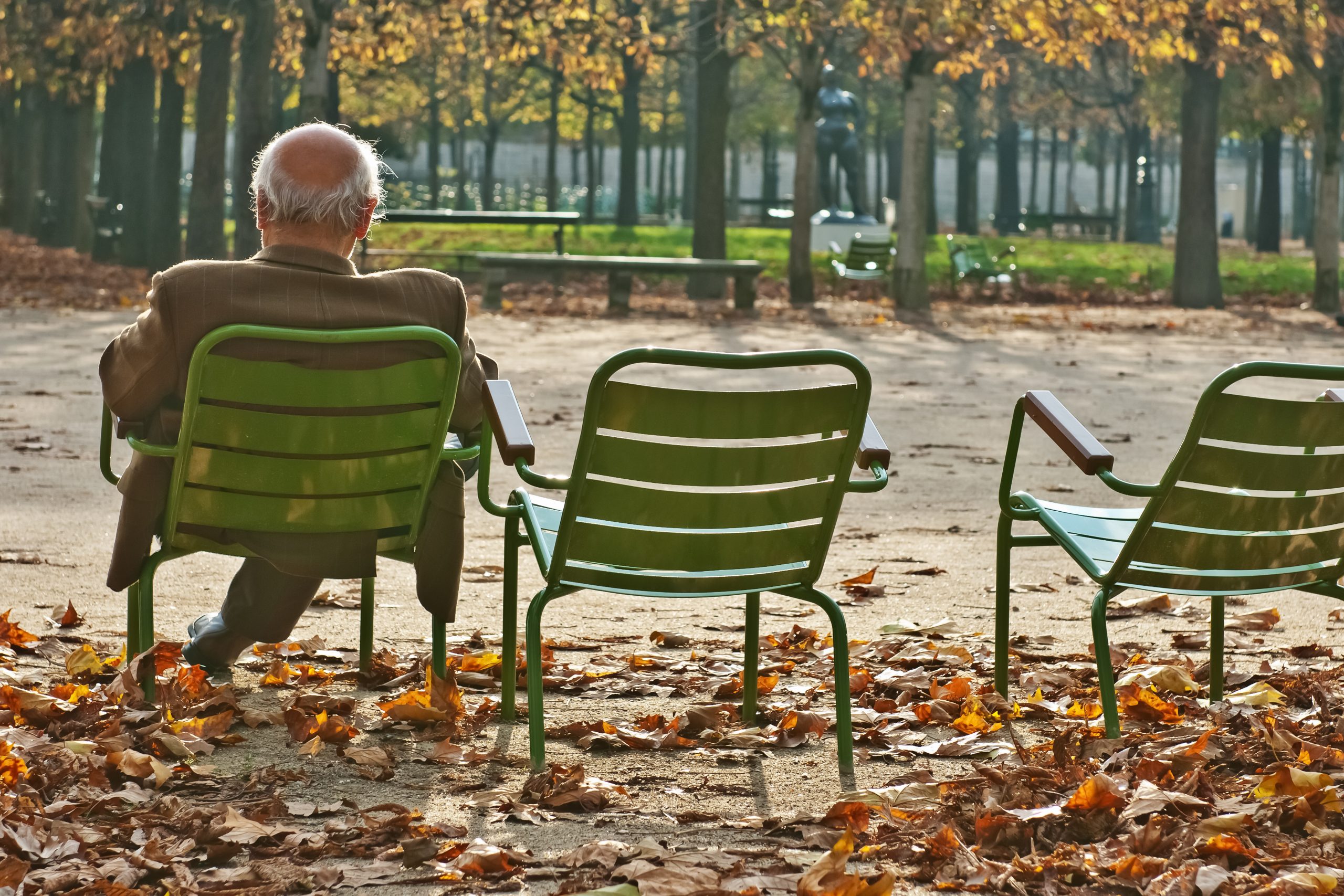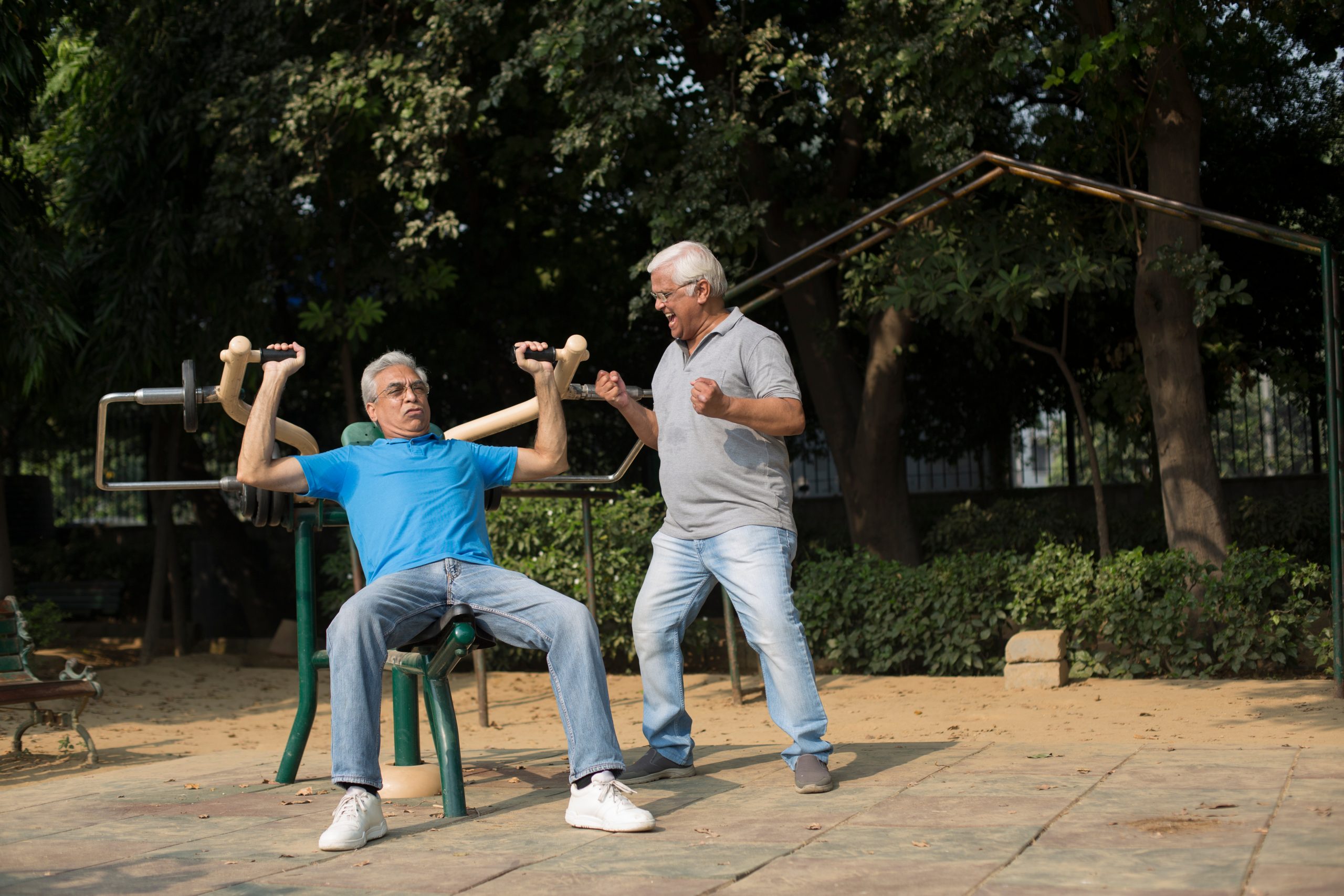Loneliness affects more than just a senior’s mental state—it can significantly impact their emotional and physical health. Mentally, loneliness can lead to anxiety, depression, and a heightened sense of sadness. Emotionally, seniors may experience feelings of neglect or hopelessness. On a physical level, loneliness can raise stress levels and even increase the risk of serious health conditions. Understanding the different types of loneliness seniors experience helps to address this growing concern. As one of the leading retirement communities in India, we have curated a list of different types of loneliness in seniors: 1. Emotional loneliness: Emotional loneliness happens when a senior feels emotionally disconnected, even in the presence of others. A person may be surrounded by family members or friends, and still feel isolated. This type of loneliness often stems from a lack of deep emotional connection. One of the most common triggers of emotional loneliness is the loss of a spouse or a close friend. Such losses can create an emotional void that is difficult to fill. Family members moving away or being preoccupied with their own lives can also contribute to this sense of isolation. Seniors facing emotional loneliness need more than just physical company; they need meaningful interaction. Open conversations, shared experiences, and emotional support can help them feel more connected. Loved ones should take the time to engage in deeper, heartfelt discussions with seniors. Emotional loneliness cannot be solved simply by being present—it requires understanding, empathy, and genuine companionship. 2. Social loneliness: Social loneliness arises when seniors lack a vibrant social life. Retirement often plays a major role in this, as seniors may lose touch with colleagues and friends from their working years. When work no longer provides regular interaction, some seniors find it difficult to fill the gap. To overcome social loneliness, seniors can consider joining senior centres, clubs, or community activities where they can interact with peers. Participating in group hobbies, volunteering, or attending local events can help them rebuild their social networks. These activities provide an opportunity to meet new people, form connections, and re-engage with the world around them. Many retirement communities in India offer senior-specific programmes, which are designed to encourage social interaction and prevent isolation. 3. Cultural loneliness: Cultural loneliness occurs when seniors feel isolated due to cultural differences. Lack of shared cultural experiences can lead to feelings of disconnection. For seniors who have strong ties to their heritage, being unable to engage with people from similar cultural backgrounds can feel isolating. Cultural loneliness is common amongst seniors who move to new countries or cities where their culture is not widely represented. Language barriers can also intensify this form of loneliness, making it hard for seniors to communicate and connect with others. To address cultural loneliness, seniors can join cultural support groups. These groups help seniors meet others who share their background. 4. Impact of loneliness on seniors: Loneliness does not just affect a senior’s emotional state; it has serious physical health consequences as well. Research shows that loneliness can be as damaging as smoking 15 cigarettes a day. Seniors who feel isolated often experience higher levels of stress, which can lead to poor sleep quality and weakened immune systems. Loneliness also plays a significant role in the decline of cognitive health. Seniors who remain isolated are more likely to experience memory loss, confusion, and other cognitive impairments over time. Retirement communities in India play a crucial role in preventing loneliness amongst seniors by providing them with a supportive and socially engaging environment. These communities organise regular events, group activities, and outings, encouraging seniors to engage with one another. Whether it is participating in yoga classes, playing board games, attending cultural events, or simply gathering for tea, these activities create numerous opportunities for seniors to form meaningful friendships. These connections help build a sense of belonging, which is often lacking for seniors living alone or in traditional family settings where other members are busy with their own lives. Planning to move into a retirement community near you? Looking for information on the cost of senior living communities? To know more about the cost of senior living communities and get answers to other important questions, take a look at this read. It offers detailed insights into various aspects of senior living, helping you make an informed decision.
Read More









